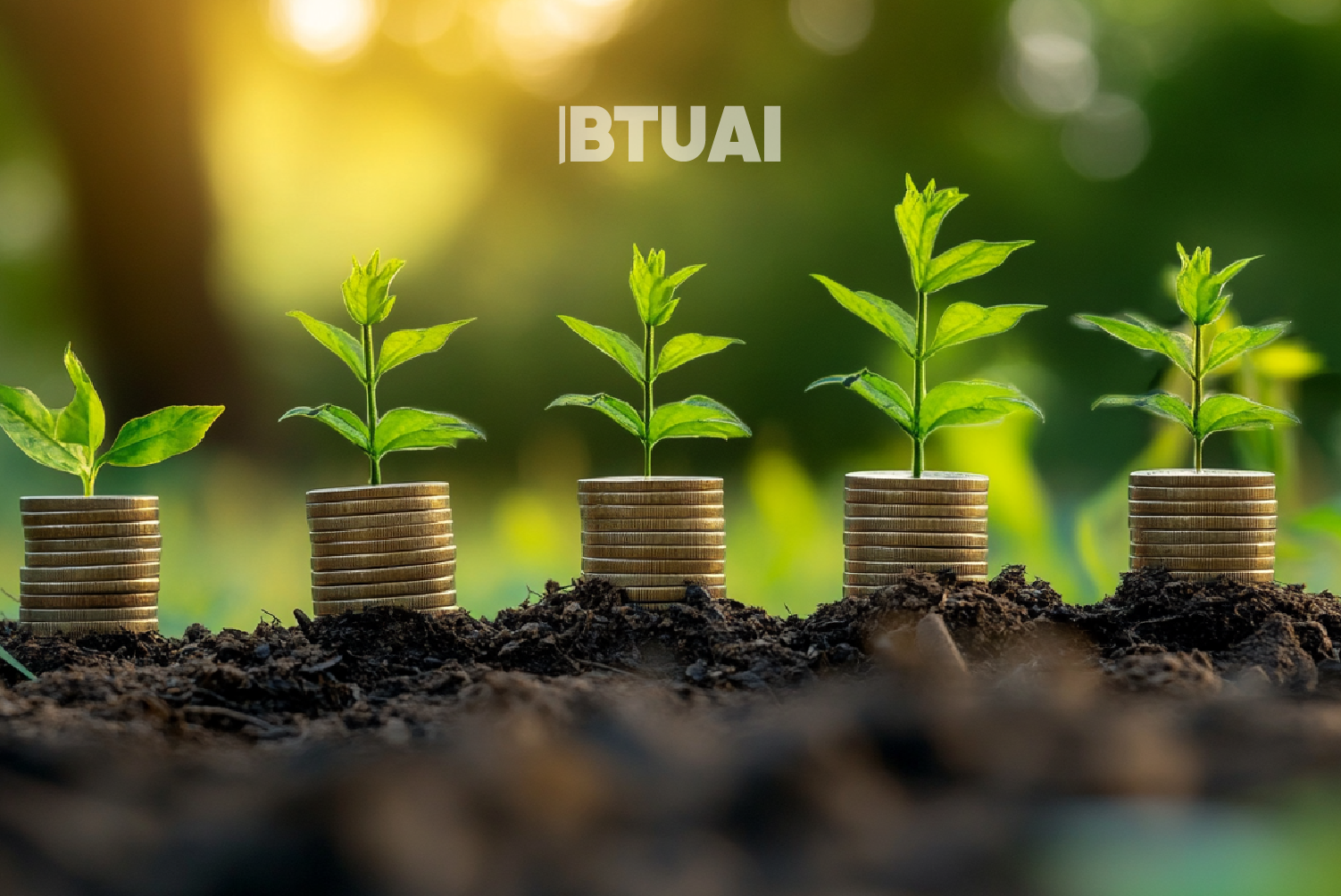The Share of Agriculture in the Economy: How Significant Is Its Role?
Agriculture has been the foundation of humanity’s economic structure for centuries, yet its share in the global economy is

Agriculture has been the foundation of humanity’s economic structure for centuries, yet its share in the global economy is gradually declining. However, this does not mean that the sector is shrinking. On the contrary, agricultural production continues to grow, but its growth rate lags behind that of the industrial and service sectors, making this transition an inevitable process of economic development.
In developed countries such as the United States, Germany, and Japan, agriculture accounts for less than 2% of GDP, as economic growth is primarily concentrated in technology and service sectors. In developing countries like Brazil and India, this figure ranges between 5-15%, whereas in the poorest countries, such as Ethiopia and Chad, it reaches 20-40%, reflecting their reliance on agrarian economies.
Georgia has also experienced a decline in agriculture’s share of GDP over the past decade. In 2010, it stood at 10.1%, dropping to 8% by 2017 and further decreasing to 6.9% in 2023. However, in real terms, agricultural production grew by 30% between 2010 and 2023, indicating that the sector continues to develop, albeit at a slower pace compared to other economic sectors.
Several factors contribute to the declining share of agriculture. Technological advancements significantly enhance production efficiency, reducing the demand for labor. Urbanization and migration also play a crucial role, as younger generations seek new economic opportunities in urban areas. Additionally, the rapid expansion of industrial and service sectors intensifies competition for job creation, further shifting the economic balance away from agriculture.
From a future perspective, the agricultural sector must develop qualitatively rather than merely quantitatively. The implementation of automation and technological innovations will enhance Georgia’s agricultural competitiveness. Special attention should be given to organic farming and export-oriented products, allowing the country to establish a stronger presence in international markets.
Agriculture remains a vital sector, yet its structural transformation is inevitable. It is essential that these changes are optimized to promote economic sustainability and inclusive development for the country.




